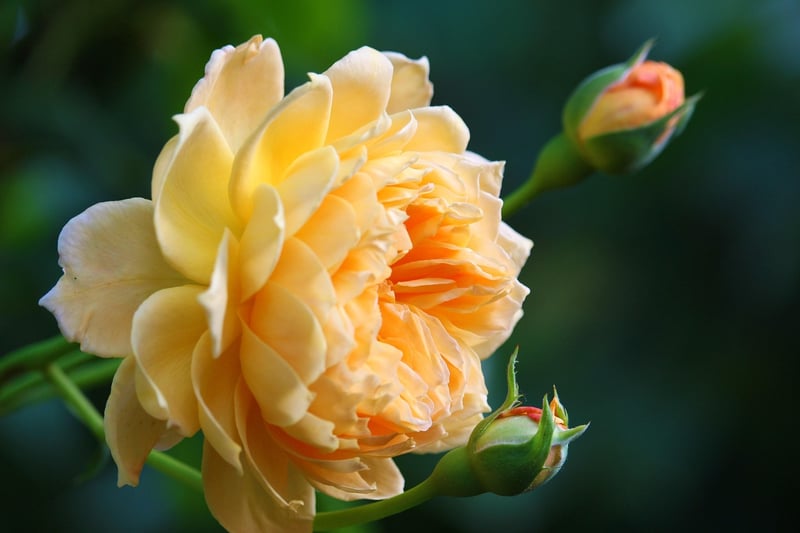Pest Control
#Plant Care
#Gardening Tips
#Plant Health
Essential Tips for Plant Health and Pest Control

Having healthy plants is key to a vibrant and thriving garden. However, maintaining plant health can sometimes be challenging, especially when dealing with pests. Here are some essential tips for ensuring your plants stay healthy and how to effectively control pests:
Tips for Plant Health:
- Choose the right plants for your garden's conditions, including sunlight, soil type, and climate.
- Water your plants appropriately - avoid overwatering or underwatering.
- Fertilize your plants regularly to provide essential nutrients.
- Prune your plants to promote healthy growth and improve air circulation.
- Inspect your plants regularly for signs of disease or pest infestations.
- Provide adequate spacing between plants to prevent overcrowding and competition for resources.
- Use organic mulch to retain moisture, suppress weeds, and improve soil health.

Tips for Pest Control:
- Identify pests correctly to choose the most effective control methods.
- Encourage beneficial insects that prey on pests, such as ladybugs and lacewings.
- Use physical barriers like row covers to protect plants from pests.
- Practice crop rotation to disrupt pest life cycles and reduce infestations.
- Apply insecticidal soaps or neem oil as organic pest control methods.
- Avoid using chemical pesticides that can harm beneficial insects and the environment.
- Remove and destroy infested plant parts to prevent the spread of pests.
By following these essential tips for plant health and pest control, you can create a beautiful and thriving garden while minimizing the impact of pests on your plants. Remember to observe your plants regularly, as early detection of issues can help prevent them from becoming more severe.
Happy gardening!
